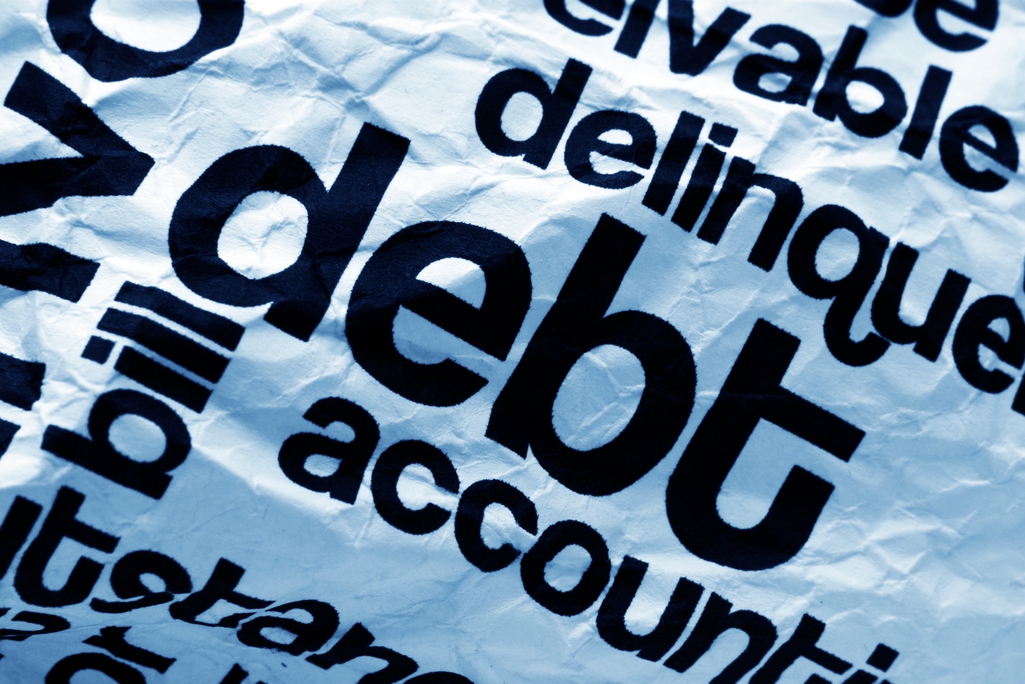 If you’ve ever dealt with a debt collection service, you know that it can be a trying process. It seems as though they never contact you at the right time, and you just don’t know how to communicate with them. Fortunately, there are tips on how to deal with debt collectors (link to “How to deal with debt collectors” article) and things to avoid. Here are some of the biggest mistakes you can make when handling debt collection.
If you’ve ever dealt with a debt collection service, you know that it can be a trying process. It seems as though they never contact you at the right time, and you just don’t know how to communicate with them. Fortunately, there are tips on how to deal with debt collectors (link to “How to deal with debt collectors” article) and things to avoid. Here are some of the biggest mistakes you can make when handling debt collection.
Not Answering Calls
Acknowledging phone calls from creditors is the first step to initiating conversation. You should try to keep a line of communication open with lenders so they know what your financial status is. If you’re unable to make payments towards resolving a balance, be honest. Many times, collectors will work with you in order to receive at least some of what they’re owed. Not answering calls can lead to collection letters and legal action.
Giving Your Bank Information
Many collection services will give you the option and encourage you to set up monthly payments that are taken directly from your bank account. You should never give a collector access to your personal finances. In some extreme cases, bills might be taken from personal accounts in full, even though a monthly payment plan had been agreed on by both parties.
Ignoring Your Rights
According to the Fair Debt Collection Practices Act (FDCPA), collectors must follow certain guidelines when trying to collect an outstanding balance. Things like contacting during acceptable hours, not harassing customers and not fabricating loan or debt information are included in the FDCPA laws. It’s important that you’re familiar with these rules. Collectors who don’t abide by these guidelines are at risk of violating your individual privacy and can be reported.
Not Getting Things in Writing
You should always keep track of written documents and notes from telephone conversations. Putting a system in place for organizing your files can save time when you need to refer back to something. Holding onto agreements in a written form can also provide verification if a problem arises.
Paying the Wrong Person
When a company hires a debt collection service to take on the task of contacting you regarding a payment, it can be confusing to know which company you should pay. You need to have a clear plan for whom and how much you will pay. By calling the company that you owe, they can inform you exactly where you should direct your payments. This way, you won’t end up sending payments to a fraudulent company, and all your efforts will go towards you the proper account.
Trusting the Wrong People
Many people think that using debt consolidation loans is the right choice for resolving debt, but this can actually be detrimental to your financial status. Some companies encourage you to use a consolidation loan in order to pay off your balance, but they don’t tell you that high interest rates attached to the loan can increase your debt. If you don’t choose the right company, they can charge hefty fees for their services and offer advice that can have negative effects on your credit score.
Dealing with debt collectors can be overwhelming, especially if you aren’t sure what to expect. These mistakes can influence your credit reputation and leave you uninformed about what your options are. Visit our page for more information on debt collection, and learn other tips on how to protect your finances.
